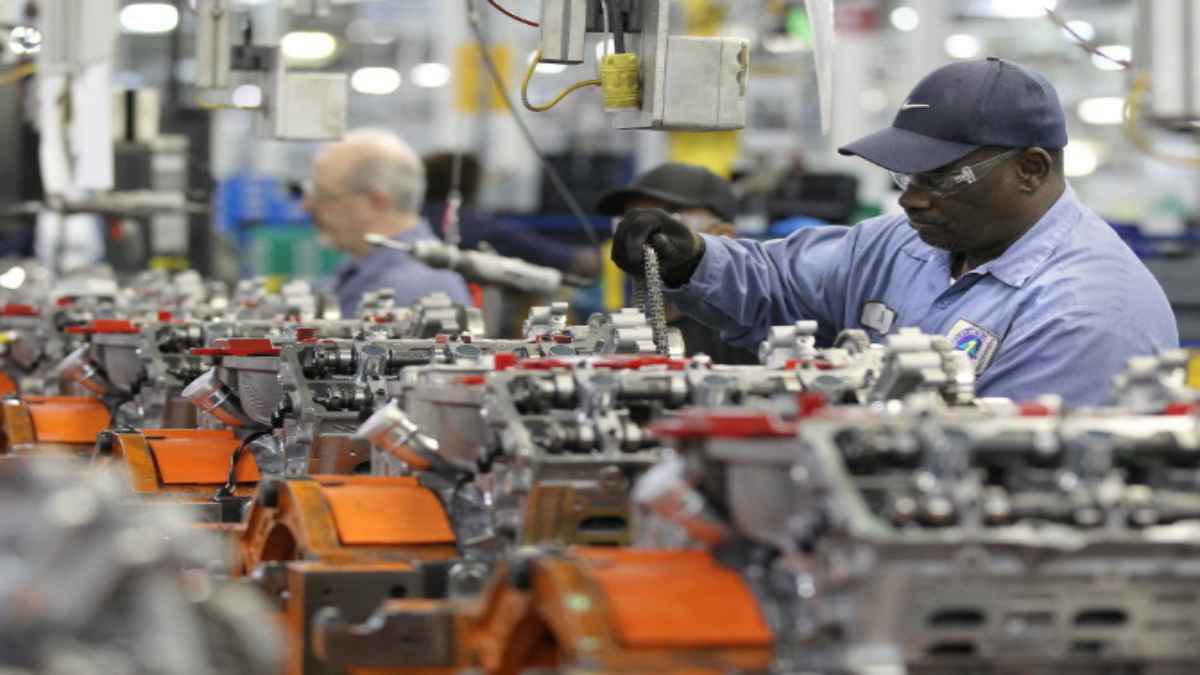Manufacturing is the backbone of modern economies. Understanding the diverse fields of manufacturing is essential for professionals, engineering students, and anyone interested in how products come to life. This guide explores the main fields of manufacturing, emerging trends, and the key sectors shaping the industry today and beyond.
Introduction
Fields of manufacturing refer to the various sectors and processes involved in converting raw materials into finished goods. Each field specializes in different products and techniques, making manufacturing a broad and dynamic industry. This article will answer core questions about what these fields include, how they differ, and why they are critical in 2025.
What Are the Main Fields of Manufacturing
Manufacturing fields can be broadly categorized into several key sectors. These sectors cover everything from heavy industrial products to high-tech electronics.
1. Automotive Manufacturing
Automotive manufacturing involves producing vehicles and their components. This field is highly innovative, integrating robotics and automation to increase efficiency and quality. Electric vehicle production is a rapidly growing subfield.
2. Electronics Manufacturing
Electronics manufacturing covers the assembly of devices like smartphones, computers, and semiconductors. Precision and clean-room environments are critical here, emphasizing the importance of quality control.
3. Aerospace Manufacturing
Aerospace manufacturing focuses on producing aircraft, spacecraft, and related components. This field demands advanced materials and exact engineering due to high safety and performance standards.
4. Food and Beverage Manufacturing
This sector includes processing raw food materials into consumable products. Hygiene, safety regulations, and packaging innovation play key roles here.
5. Chemical Manufacturing
Chemical manufacturing produces raw materials used in various industries such as plastics, pharmaceuticals, and agriculture. Safety and environmental regulations are vital in this field.
6. Textile Manufacturing
Textile manufacturing transforms fibers into fabrics and finished garments. The industry is moving toward sustainable materials and automated production lines.
7. Metal and Machinery Manufacturing
This field deals with producing machinery, tools, and metal products used in construction, industrial applications, and consumer goods.
8. Pharmaceuticals Manufacturing
Pharmaceutical manufacturing produces medicines and medical devices. It is highly regulated to ensure product safety and effectiveness.
9. Plastics and Rubber Manufacturing
This sector focuses on producing plastic and rubber goods, including packaging, automotive parts, and consumer products.
Emerging Trends Across Fields of Manufacturing
Several trends influence all manufacturing sectors today:
-
Industry 5.0: Human-centric automation is improving collaboration between workers and robots.
-
Sustainability: Green manufacturing practices reduce environmental impact.
-
Smart Factories: IoT and AI technologies optimize production and maintenance.
-
Supply Chain Resilience: Post-pandemic strategies focus on flexible and reliable sourcing.
How Technology Shapes the Fields of Manufacturing
Technological advancements have transformed manufacturing:
-
Automation and Robotics: Increase efficiency and precision.
-
3D Printing: Enables rapid prototyping and custom parts production.
-
AI and Machine Learning: Improve quality control and predictive maintenance.
-
Advanced Materials: Lighter, stronger materials are expanding product capabilities.
Career Opportunities in Different Fields of Manufacturing
Each field offers various career paths:
-
Engineers and technicians design and maintain production systems.
-
Quality control specialists ensure product standards.
-
Supply chain managers handle logistics and sourcing.
-
R&D experts develop innovative materials and processes.
Challenges Facing the Manufacturing Industry
Despite growth, the industry faces challenges:
-
Workforce skill gaps due to rapid technology changes.
-
Environmental compliance pressures.
-
Global competition impacting cost and innovation.
-
Cybersecurity risks in smart factories.
Conclusion
Understanding the diverse fields of manufacturing is key to grasping how products that shape our world are created. From automotive to pharmaceuticals, each sector plays a vital role in global industry and innovation. Embracing new technologies and sustainability will define the future of manufacturing.
Frequently Asked Questions (FAQs)
What are the main fields of manufacturing
The main fields include automotive, electronics, aerospace, food and beverage, chemicals, textiles, metal and machinery, pharmaceuticals, and plastics manufacturing.
How is technology impacting manufacturing fields
Technologies like AI, automation, and 3D printing are increasing efficiency, precision, and customization.
What careers are available in manufacturing
Careers range from engineers, technicians, quality controllers, to supply chain managers and R&D experts.
What is Industry 5.0 in manufacturing
Industry 5.0 emphasizes collaboration between humans and robots to enhance productivity and creativity.
Why is sustainability important in manufacturing
Sustainability reduces environmental impact, complies with regulations, and meets consumer demand for green products.
What challenges does manufacturing face today
Challenges include workforce skills, environmental regulations, competition, and cybersecurity.
How can manufacturing professionals prepare for the future
By upskilling in digital technologies, embracing sustainability, and staying informed about industry trends.
What role does quality control play in manufacturing
Quality control ensures products meet safety and performance standards, vital across all manufacturing fields.
